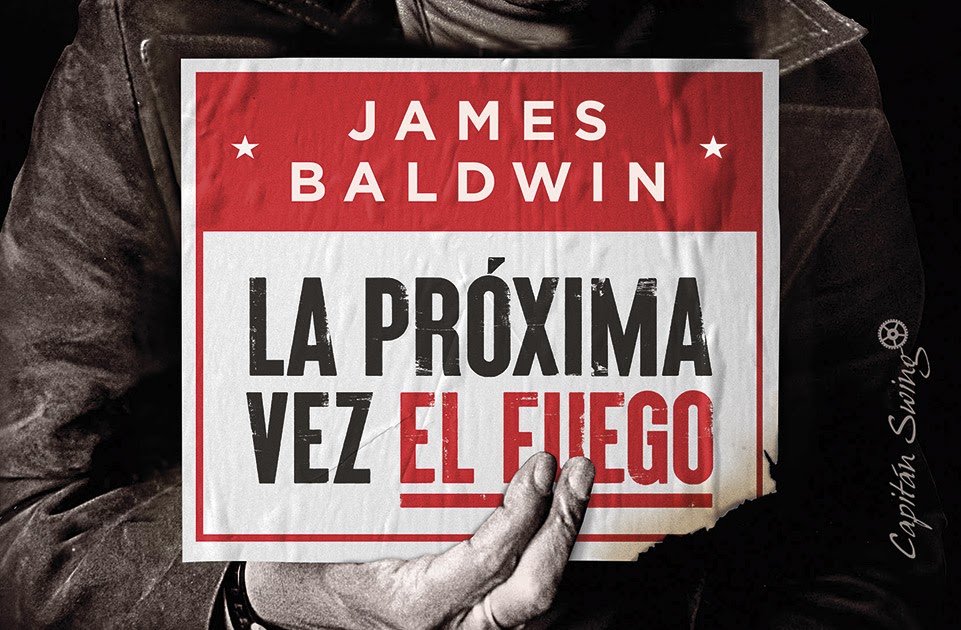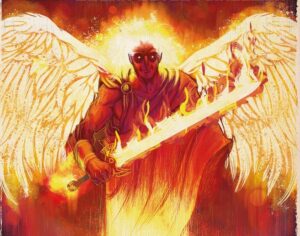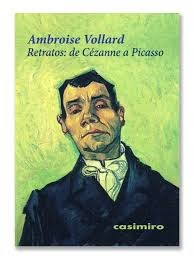
By way of introduction, it should be said that James Baldwin is a crucial figure in the history of literature, thought and activism in the United States during the last century as he focused his work especially on issues of great social importance such as civil rights, homosexuality, religion and racism. In a life straddling the United States and France, the author devoted himself to the search for his identity and the defense of civil rights, a defense that allowed him to interact with figures such as Malcolm X and Martin Luther King.
In the second story, “At the feet of the cross”, the author becomes aware in his early adolescence of his social situation, of the dangers that threaten children of his age, race and class; dangers that are evidenced by stating that “during the year in which I turned fourteen, I felt, for the first time in my life, fear: fear of both the evil that was inside me and that which was outside (…) the prostitutes, the pimps and the Avenue gangsters had become a personal threat. “It had never occurred to me that I could end up like them, but at that moment I realized that we were the result of the same circumstances.” Baldwin, aware of the place that the white world wanted to give to black people, clearly states that “the fear I detected in my father’s voice when he realized that he truly believed I was capable of doing the same thing as a child white and had every intention of showing it (…) was another fear: the fear that the child, by challenging the assumptions of the white world, was exposing himself to destruction. Thus, with the clear influence of his Baptist preacher father, he began to be interested in religion, as a refuge and as a guide, a common practice among the members of his community and which moved and amazed him to the point of stating that “I have never seen anything that equals the fire and emotion that sometimes, without warning, fill the church and make it ‘shudder'” but at the same time he exposes his distrust towards religions stating that, when reading the gospels, “I remember the vague sensation that The message contained a kind of blackmail. People, I thought, should love the Lord just because, not for fear of going to hell. Thus, in this second, more religiously oriented story, the author speaks about the power and intention of Christianity when it arrived in Africa and bluntly asserts that “the spread of the Gospel—regardless of the motivations, integrity and the heroism of some missionaries—was an absolutely indispensable justification for nailing the flag. Thus, he confirms and defends exhaustively that “it is not an exaggeration to say that any human being who longs to achieve a certain moral stature (…) must first disassociate himself from all the prohibitions, crimes and hypocrisies of the Christian Church. If the concept of God has any validity or usefulness, it can only be to make us greater, freer and more loving. If God can’t do that, it’s time we got rid of him.”
A great defender of social integration, James Baldwin explains that “building a nation has turned out to be a very complicated task: of course, it is not necessary to form two, one black and one white” and the collaboration of everyone and their commitment is necessary because, as and as he indicates, «a civilization is not destroyed by evil people; “Badness is not necessary: it is enough that they lack character.” A character that he undoubtedly possessed and that allowed him to proudly defend his ideas and principles, personal values that led him to affirm, with unwavering conviction, that “we have a responsibility towards life: it is the small lighthouse of that terrifying darkness from which we came and to which we will end up returning. We must negotiate that passage with the greatest possible nobility, for the good of those who will succeed us. And the truth is that, as a vital motto, it seems irrefutable to me.
Source: https://unlibroaldia.blogspot.com/2024/04/james-baldwin-la-proxima-vez-el-fuego.html


